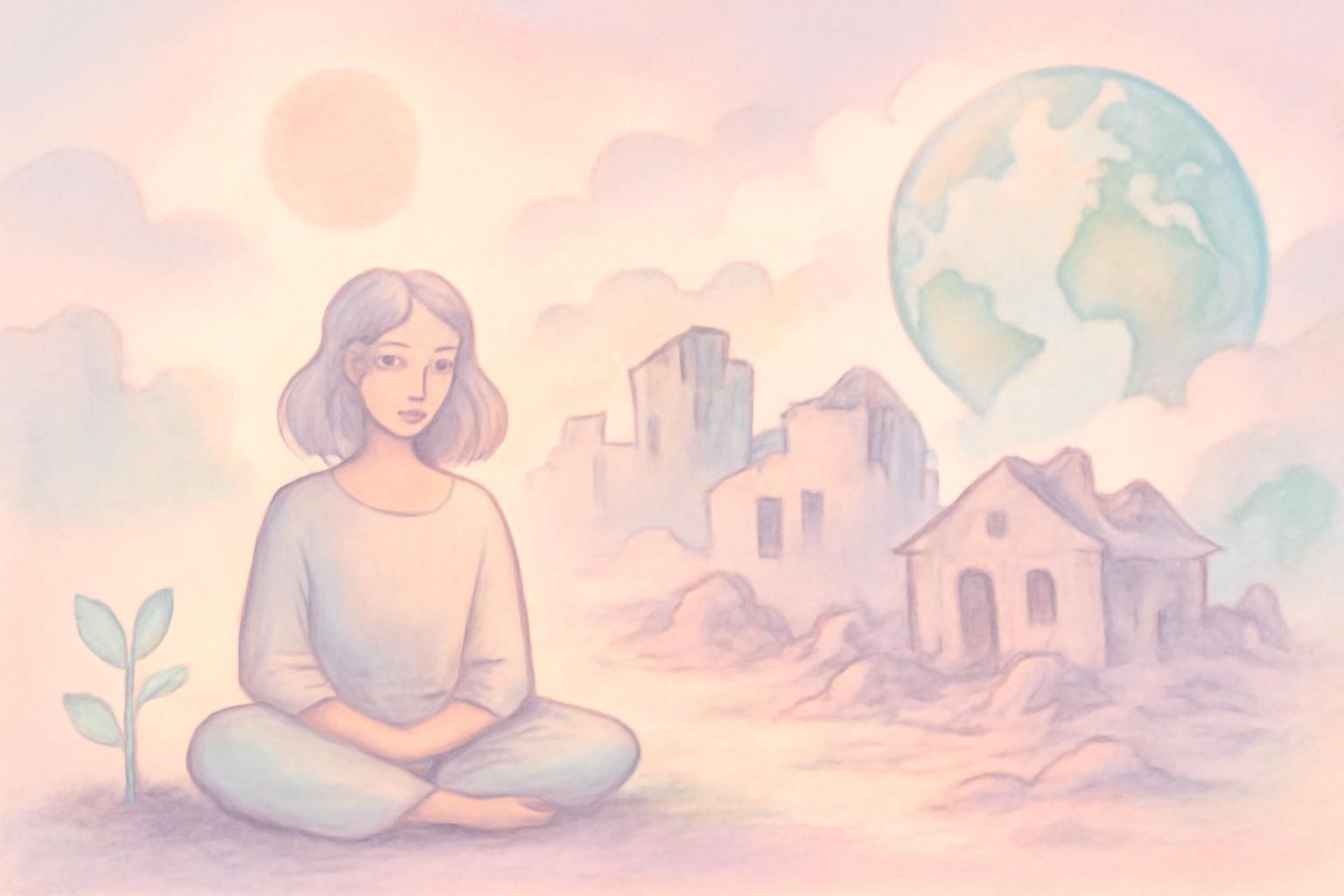From the smoldering edges of the land, where Thailand’s breathing forests meet the ancient heartbeat of Cambodia, sorrowful stories drift on the wind. The drums of war have quieted, at least for a trembling moment. After days of horror, families driven from their ancestral soils now trickle back—hundreds of thousands, dazed and cautious. They find their sanctuaries broken, their homes scattered like chaff, trying to recognize hope amid the ruins. Some, like gentle Koon Kantho, stand before the skeleton of what once was a home, their voices breaking with the weight of loss that no words can ever truly contain. The fields and rivers may recall laughter and belonging, but for now, they echo with uncertainty and fear.
The violence pauses, true—but peace is not the mere absence of bullets. The motherly earth sighs beneath the booted feet of armies and the brazen machinery of state power, watching in sorrow as the web of life is torn and her children bleed. Humans, after all, are not separate from her sacred body. When homes are wrecked and villagers must flee, it is not just people who bear scars—it is the land itself, the patient forests, the cradling rivers, the spirit-sheltered stones. Each shattered window, each cracked wall is a wound in the living skin of Gaia.
How long will we persist in this ruinous dance of separation and control, claiming earth as property, as border, as prize? The old colonial sickness—rooted in the poisonous delusion that some lives, some lands, some memories are disposable—runs deep in our governance, our militaries, our societies. This suffering is not born of nature’s cycles, but of a patriarchal, profit-torn world where violence is wielded to claim power, to defend capital, to serve invisible markets while the cradle of life is torn asunder.
Let us mourn not just for the lost homes, but for the broken trust between peoples—sisters and brothers of the same earth, now taught to see each other as rivals. Let us rage against the machinery that pits neighbor against neighbor, all to maintain a brittle illusion of national sovereignty, all for the enrichment of the few and the silencing of the many. The wild grasses and ancient spirits remember a time before lines were drawn in blood—before militarism, colonial ambition, and toxic capitalism shattered the unity that flowed between lands and peoples.
Is it not time—past time—to bend in humility, to ask forgiveness from the living earth for our arrogance? To tend the wounds of those forced to wander, to cradle the broken stones, to plant seeds of peace and justice in the torn earth? Only by listening to the wisdom of the forests and the tears of the displaced can we hope to heal—not just treaties, but the real and radical kinship that the future demands. May the warriors lay down their arms and become gardeners. May the border become a wildflower meadow and the pastures bloom again with life unafraid. Only then will the world truly mend.
